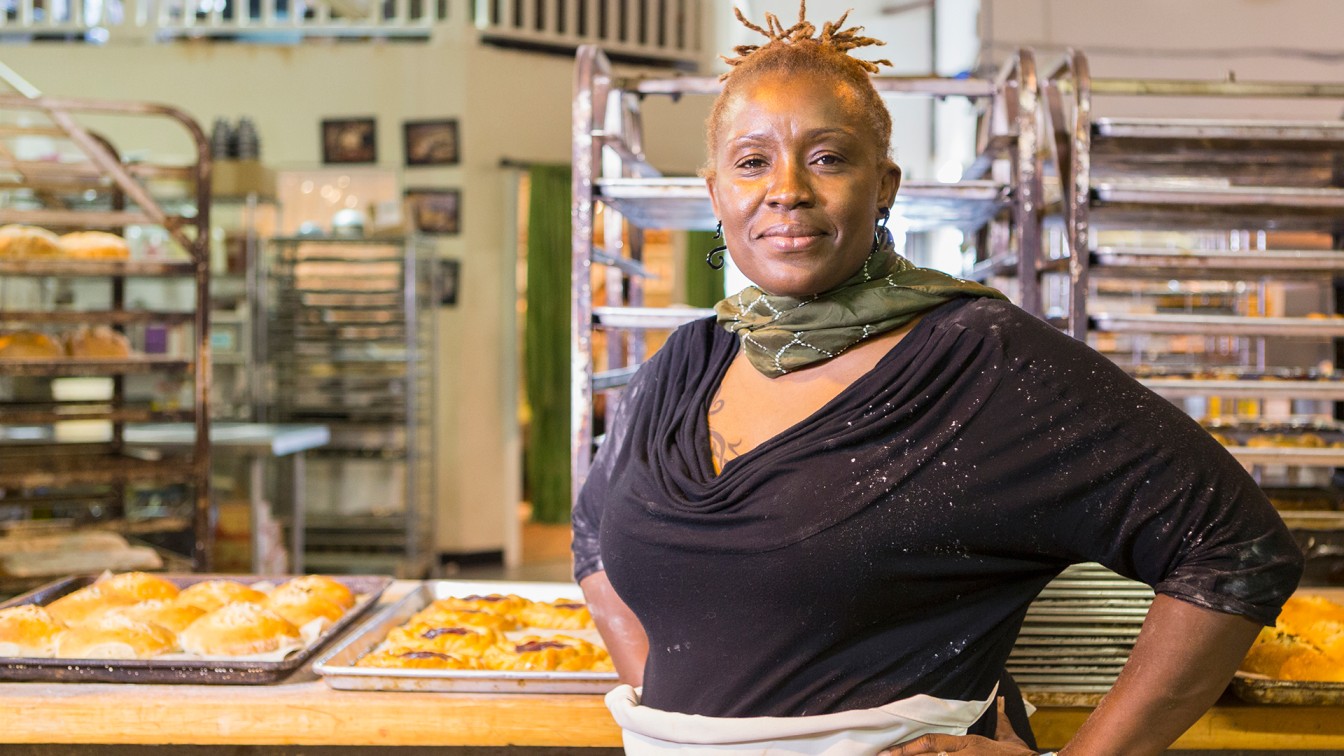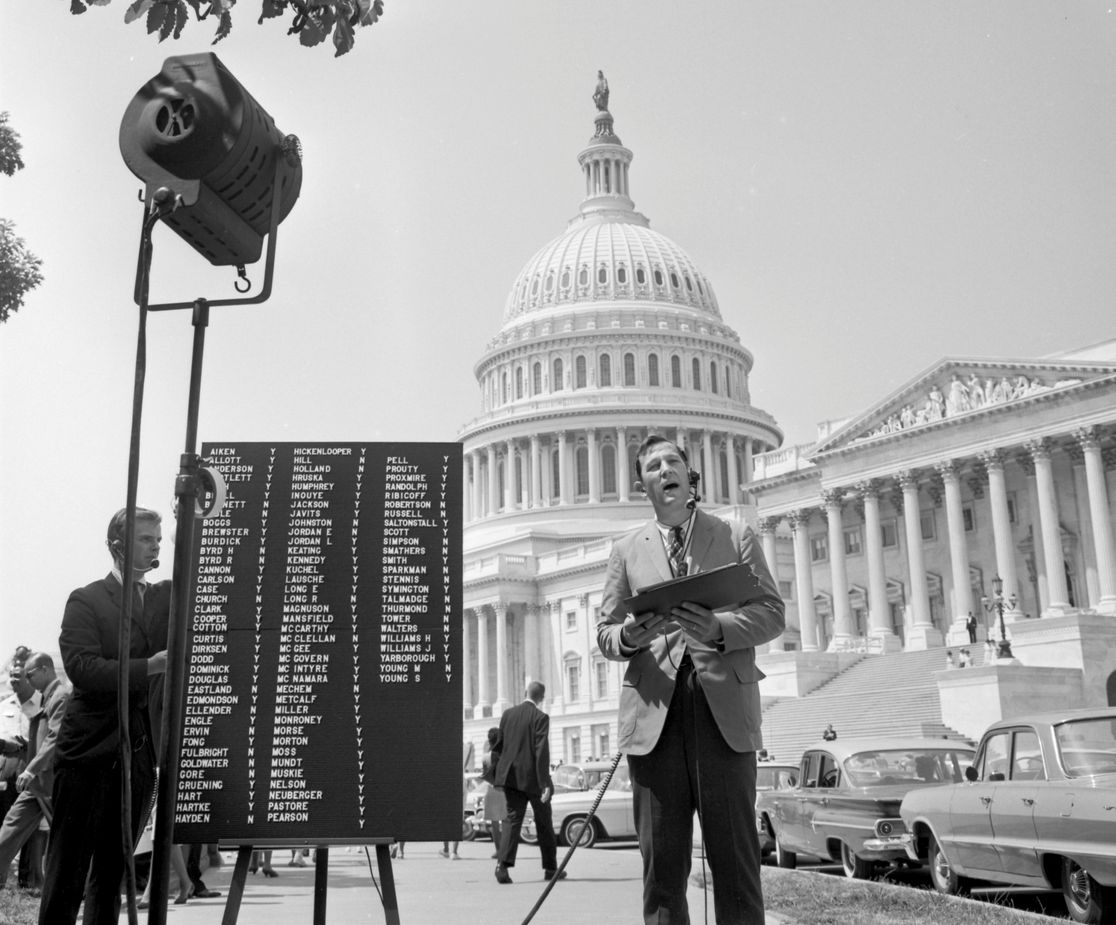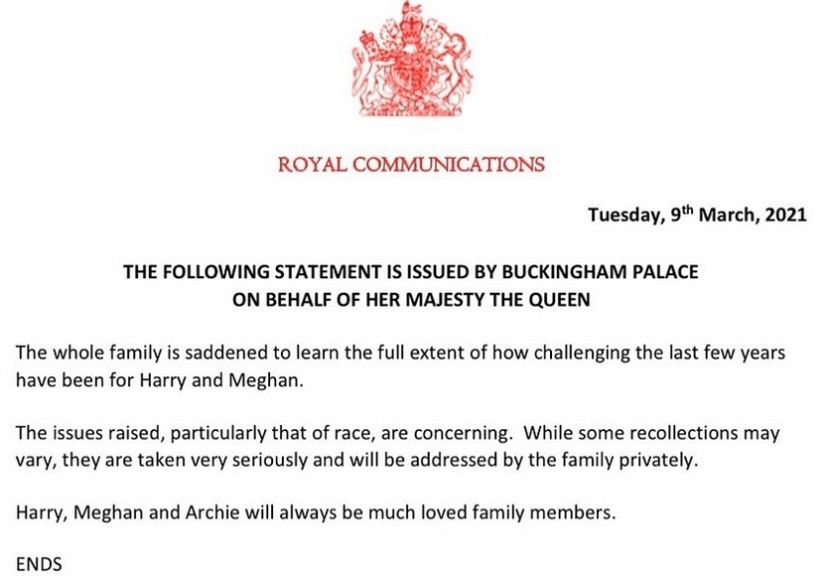| |
| |
| |
| Presented By Google |
| |
| Axios AM |
| By Mike Allen ·Mar 10, 2021 |
| ⏰ Good Wednesday morning. It's Day 50 of President Biden — halfway to the storied 100-day mark. - Smart Brevity™ count: 1,183 words ... 4½ minutes.
🎧 In today's episode of "The Week America Changed," NBA commissioner Adam Silver takes Dan Primack behind the scenes of his sudden decision to suspend the NBA season on March 11. Subscribe here. |
| |
| |
| 1 big thing: America's $5 trillion bet |
 |
|
| Illustration: Sarah Grillo/Axios |
| |
| Democrats' coronavirus relief bill will dramatically change many low-income families' lives over the next year. And in the process, it's setting a new precedent for what Washington can and will do in a crisis, Axios' Alayna Treene and Felix Salmon write. - Why it matters: Once President Biden signs the latest relief bill into law, Washington will have spent more than $5 trillion in less than a year — far more than it has spent in past crises.
Senate Majority Leader Chuck Schumer wrote in a letter to colleagues last night that the poorest 20% of Americans are estimated to see about a 20% boost in income from the bill, based on a Tax Policy Center analysis. - 85% of households will get $1,400 in stimulus checks; the unemployed will receive an additional $300 per week through the fall; and families with children under 17 will get $3,000 per child.
- That's in addition to increased rental assistance, food aid and health insurance subsidies.
The big picture: That's a lot of money to a lot of people — much of it delivered through temporary versions of programs that progressives have been chasing for years. - The bill is peppered with progressive priorities — like a refundable child tax credit — that some Democrats are hoping will extend beyond the pandemic.
- That will depend on future political calculus. But the bill has already upended the conventional wisdom about what's possible.
Keep reading. |
    |
| |
| |
| 2. Pandemic provides techlash reprieve |
 |
|
| Illustration: Sarah Grillo/Axios |
| |
| The pandemic gave Big Tech an unexpected respite from federal regulatory threats, pushing COVID-19 response ahead of other Washington priorities, Axios' Kim Hart writes. - Why it matters: With the Biden administration consumed by vaccine distribution and Cabinet confirmations, fleshing out a tech-industry regulatory agenda will take a back seat for at least a few more months.
That doesn't mean action has completely stalled. The White House is actively vetting candidates for key roles in the agencies tasked with policing the tech industry — the DOJ, FTC and FCC. - But decisions about crucial leadership positions are still a ways off. Close watchers don't expect the key agencies to be staffed up enough to create a policy agenda before late summer or fall.
Keep reading. |
    |
| |
| |
| 3. Jobs that won't come back post-COVID |
 |
|
| Illustration: Annelise Capossela/Axios |
| |
| One year into the pandemic, more than 10 million Americans are still out of work — and many of the jobs they lost won't even exist when this is over, Axios @Work author Erica Pandey reports. The big picture: Putting the country back to work will require vast amounts of retraining and career shifting, as former bartenders learn to code and former cruise ship workers look for jobs at data centers. - The U.S. is still unprepared to take that on at scale.
- "We knew artificial intelligence was going to devastate jobs," says Plinio Ayala, CEO of the job training company Per Scholas. "But, frankly, I thought that was five or seven years away."
Keep reading. |
    |
| |
| |
| A message from Google |
| Google.org Impact Challenge for Women & Girls granting $25M |
| |
 |
| |
| COVID-19 has exacerbated gender inequity, and organizations around the country are working to support economic empowerment for women and girls. The Google.org Impact Challenge for Women and Girls will provide $25M in funding and assistance to help support these organizations. Apply now. |
| |
| |
| 4. Pandemic sped shift to digital |
 The COVID crisis drove consumption of digital media (anything on your phone) to new heights, while traditional media (radio, linear TV) stagnated, Sara Fischer writes from eMarketer data. - Why it matters: Media companies that hadn't already begun realigning around streaming and mobile were caught flat-footed. Others boomed.
Keep reading. |
    |
| |
| |
| 5. Tech's lockdown hits, misses |
 |
|
| Illustration: Eniola Odetunde/Axios |
| |
| A year ago this week, tech companies led the U.S. in sending workers home from offices, Axios chief tech correspondent Ina Fried writes in a takeover edition of Axios Login, about how tech fared this year. - Why it matters: That helped alert America to the seriousness of the looming pandemic. Then the companies pivoted to providing a suddenly homebound population with the tools to keep working, learning and connecting.
The arrival of COVID, as Ina wrote last March, gave the tech industry — bruised by years of criticism over privacy, misinformation, hate speech and other concerns — a chance to shine. - The verdict: Tech partly seized that moment. A year later, the businesses have further cemented their dominance in our daily lives. But the tide of criticism has kept growing, too.
Read Ina's winners, losers. |
    |
| |
| |
| 6. Goldman launches "One Million Black Women" |
 Goldman Sachs embarked on a decade-long quest to invest $10 billion to impact 1 million Black women, writes Axios' Courtenay Brown, who just launched our afternoon Axios Closer business newsletter. - Why it matters: It's a major financial institution's biggest dedicated investment in initiatives specifically aimed at Black women.
The money will be disbursed in equity or grants over the next 10 years. - The bank announced an advisory council — including former Secretary of State Condoleezza Rice and actress/writer Issa Rae — that will help make decisions on how to deploy the capital.
Goldman gave Axios a first look at new "Black Womenomics" research — a trove of data laying out the economic inequality Black women face in all stages of life, from prenatal care to retirement. - Goldman estimates trimming the earnings gap for Black women would boost economic growth by as much as 2.1% each year.
- Black women's hourly earnings gap is 15% compared with white women — and 35% compared with white men, Goldman found.
Letha Pugh, an owner of a bakery in Columbus, Ohio, called Bake me Happy, tells Axios: "I know people who are not Black women — they got loans based on projections. I feel like I jump through more hoops just to get access to capital." - Go deeper: Goldman's 32-page "Black Womenomics" report. ... Details: One Million Black Women.
🔔 Sign up for Courtenay Brown's afternoon newsletter, Axios Closer. |
    |
| |
| |
| 7. Disney+ passes 100m in 16 months |
 Data: Company filings. Chart: Michelle McGhee/Axios Why it matters: A major milestone for the company and the streaming industry, Axios' Sara Fischer writes. |
    |
| |
| |
| 8. Remembering Roger Mudd, 93 |
| In June 1964, CBS News correspondent Roger Mudd showed where senators stood on the Civil Rights Act. Photo: CBS Photo Archive via Reuters Roger Mudd, the longtime political correspondent and anchor for NBC and CBS who once stumped Sen. Edward Kennedy by simply asking why he wanted to be president, died at home in McLean, Va. - During more than 30 years on network TV, starting in 1961, Mudd covered Congress, elections and political conventions in a career that coincided with the flowering of Big Three network news, AP reports.
In a 1979 special, "CBS Reports: Teddy," which aired just before Kennedy announced his challenge to President Carter for the 1980 Democratic nomination, Mudd asked: "Why do you want to be president?" - Kennedy never recovered from his answer: "Well, I'm, uh, were I to make the announcement to run, the reasons that I would run is because I have a great belief in this country. ... I would basically feel that it's imperative for this country to move forward."
Mudd was a 1950 graduate of Washington and Lee University, where he was a history major. He donated his 1,500-volume collection of 20th-century Southern writers to the university in 2006. - He was a distant relative of Dr. Samuel Mudd, arrested for treating an injured John Wilkes Booth after President Lincoln's assassination.
|
    |
| |
| |
| 9. Data du jour: Women conducted many of TV's iconic interviews |
 Data: Axios research. Table: Michelle McGhee/Axios 📡 From Sara Fischer's weekly Axios Media Trends. Sign up here. |
    |
| |
| |
| 10. New royals, new media |
 |
|
| Illustration: Aïda Amer/Axios |
| |
| Megxit is Brexit all over again. That's the lesson from the explosive interview that future streaming stars Meghan Markle and her high-born husband gave to Oprah Winfrey, Axios' Felix Salmon writes. - Why it matters: In Brexit, a group of old, white English people voted for the glories of an imagined past while rejecting a global, multicultural future. The main interview takeaway is that the royal family, tied to a crumbling tabloid press, is behaving much the same.
Harry has gone solo, much like his namesake from One Direction. Just like Vogue cover star Styles, he could easily end up eclipsing his increasingly irrelevant former bandmates. P.S. The Queen speaks ... After 36 hours of silence, Queen Elizabeth released this yesterday at 5:30 p.m. London time: |
    |
| |
| |
| A message from Google |
| Google.org Impact Challenge for Women and Girls: Apply now |
| |
 |
| |
| Applications are open for the Google.org Impact Challenge for Women and Girls, which is providing $25M in funding and support to organizations supporting economic empowerment. In addition, the best and boldest ideas will receive the opportunity for mentorship and other support. More. |
| |
| 📬 Thanks for starting your day with us. Please urge your friends to sign up for Axios AM/PM. |














No comments:
Post a Comment